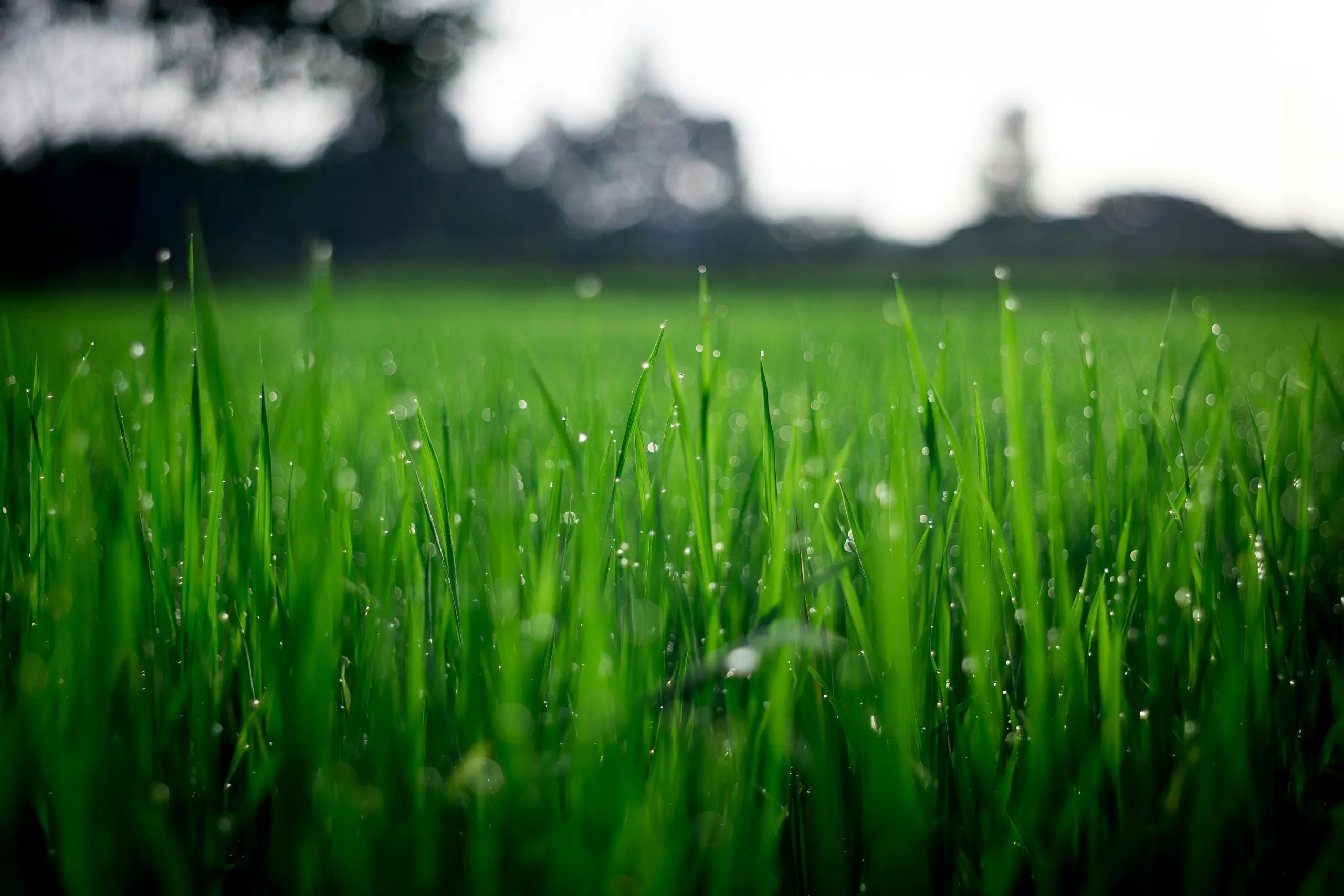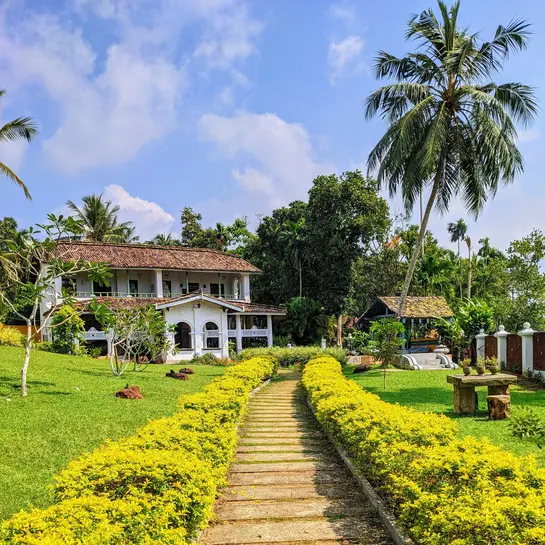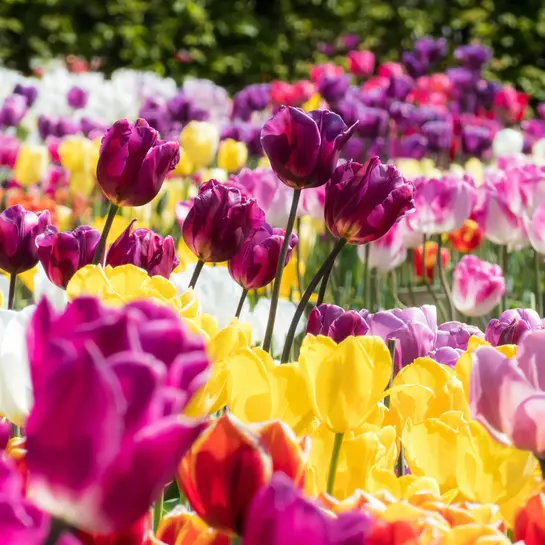Lawn Seeding Palmdale, CA
Professional Lawn Seeding Services in Palmdale, CA
What is Lawn Seeding?
Lawn seeding is the process of planting grass seeds to establish or enhance a lawn. It is a crucial aspect of lawn care and landscaping that helps to fill in bare patches, improve lawn density, and introduce new grass varieties. Seeding can be performed in various seasons, depending on the type of grass and local climate conditions.
Benefits of Lawn Seeding
Lawn seeding offers numerous advantages for maintaining a lush, healthy lawn:
- Improved Lawn Density: Seeding helps to thicken the lawn by encouraging new grass growth, which can lead to a fuller and more attractive lawn.
- Enhanced Disease Resistance: Introducing new grass varieties through seeding can improve the lawn's resistance to pests and diseases, resulting in a more robust and resilient lawn.
- Better Tolerance to Environmental Conditions: Seeding can help create a lawn that is better suited to local environmental conditions, such as drought or shade, by selecting appropriate grass varieties.
- Filling in Bare Spots: Seeding is an effective solution for addressing bare patches or thinning areas in the lawn, ensuring a uniform and healthy appearance.
- Cost-Effective Lawn Improvement: Seeding is a relatively low-cost method for improving lawn health compared to other lawn renovation techniques, such as sodding or turf replacement.
When and How to Seed Your Lawn
Proper timing and technique are essential for successful lawn seeding:
- Timing: The best time to seed your lawn depends on the type of grass and local climate. For cool-season grasses, seeding is typically done in early spring or late summer to fall. Warm-season grasses are best seeded in late spring to early summer when soil temperatures are warmer.
- Preparation: Before seeding, prepare the lawn by mowing it to a lower height and removing any debris or thatch. Rake the soil to create a fine seedbed and ensure good seed-to-soil contact.
- Seeding Process: Use a broadcast spreader or seed drop spreader to evenly distribute the seeds over the prepared soil. Follow the recommended seeding rate for your chosen grass variety to ensure optimal coverage.
- Post-Seeding Care: After seeding, water the lawn thoroughly to keep the soil consistently moist until the seeds germinate. Avoid heavy foot traffic and mowing until the new grass has established and reached a suitable height.
- Fertilization: Apply a balanced starter fertilizer to provide essential nutrients that support seed germination and early growth. Follow up with regular fertilization as the new grass grows.
Our Seeding Services
Our professional seeding services are designed to help you achieve a lush and healthy lawn. Our team of experts will assess your lawn's needs, recommend the best grass varieties for your area, and perform the seeding process with precision and care. We use high-quality seeds and state-of-the-art equipment to ensure the best possible results.
Contact us today to learn more about our seeding services in Highlands Ranch, CA. Let us help you transform your lawn into a beautiful and thriving green space with our expert seeding solutions.
Frequently Asked Questions
Whether you're planning to enhance your garden or create a brand-new outdoor space in Palmdale, CA, this FAQ section provides answers to common questions about landscaping in this unique desert environment.
For Palmdale's desert climate, consider drought-tolerant plants like succulents, agave, and desert wildflowers. Native plants such as California poppies and red yucca also thrive in the region.
Yes, you can grow a vegetable garden in Palmdale. Opt for heat-tolerant vegetables like tomatoes, peppers, and squash. Ensure you provide adequate shade during the hottest parts of the day.
Low-maintenance options include lavender, rosemary, and desert marigold. These plants are not only hardy but also require minimal water and upkeep.
While shade-loving plants are less common in desert environments, some options include ferns and certain types of hostas. Consider creating shaded areas using structures or other plants.
To incorporate native plants, choose species that are adapted to local soil and climate conditions. Mix them with ornamental grasses and ground covers for a natural look that supports local wildlife.
In Palmdale's arid climate, water your garden deeply once a week. Adjust frequency based on the specific needs of your plants and seasonal weather changes.
Drip irrigation is efficient and conserves water by delivering moisture directly to the plant roots. It reduces evaporation and runoff, making it ideal for desert landscapes in Palmdale.
Yes, greywater can be used for garden irrigation, but make sure to use non-toxic soaps and avoid direct contact with edible plants. Install a proper filtration system to ensure safety.
Water your garden early in the morning or late in the evening to minimize evaporation and ensure the water reaches the plant roots effectively.
Use mulch to retain soil moisture, choose drought-tolerant plants, and consider implementing a rainwater harvesting system to optimize water usage.
Sandy loam or gravelly soil is ideal for desert landscapes in Palmdale. It provides good drainage and helps prevent root rot in drought-tolerant plants.
Apply a 2-3 inch layer of mulch once or twice a year to help retain soil moisture and regulate soil temperature. Replenish mulch as it breaks down over time.
Compost improves soil structure, enhances nutrient availability, and helps retain moisture. It's particularly beneficial for desert gardens by enriching the often sandy or poor soil.
Add organic matter such as compost or well-rotted manure to improve soil fertility. Incorporate it into the top few inches of soil to enhance nutrient content and water retention.
Yes, testing your soil can provide valuable information about its pH, nutrient levels, and drainage capabilities. This information helps tailor your landscaping approach to better suit your plants' needs.


